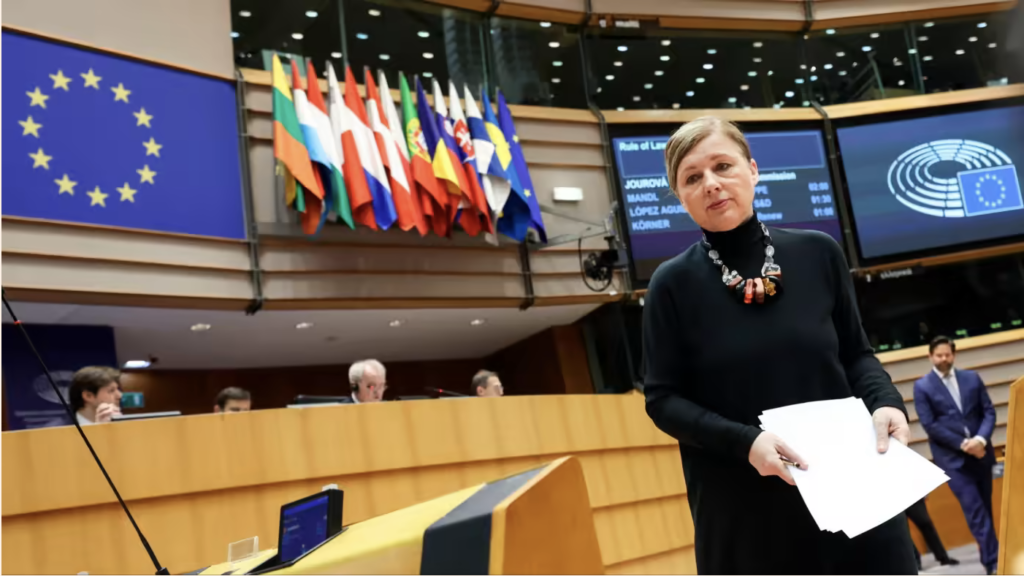Plan for EU ethics body falls short of parliament’s demands, critics warn
FINANCIAL TIMES – Alberto Alemanno comments on a proposed ethics body for EU institutions in the aftermath of the Qatargate.
Commission to set common standards but leave existing institutions in charge of policing behaviour, insiders say

A proposed ethics body for EU institutions is likely to fall short of demands by the European parliament for tougher oversight following the Qatargate corruption scandal, critics have warned.
The European Commission’s current proposal, which it said would be released in the coming weeks, is for a “board” with representatives from different institutions, including the European Council. It could also include independent legal or ethical experts, according to people familiar with the discussions.
The body will establish common standards for EU representatives across areas, including gifts, transport and declarations of meetings, as well as common standards on sanctioning mechanisms, with regular reporting requirements, those familiar with the plans said.
“For us, it is critical to have strong rules and common principles covering all European institutions and bodies,” the commission said, adding that “citizens see ‘the EU’ or ‘Brussels’, not different institutions”.
But the proposal by Věra Jourová, vice-president of the commission, will leave existing institutions in charge of policing behaviour. A watchdog with enforcement powers would require revision of the EU’s founding treaties, a nearly impossible task that would face stiff opposition from institutions, people familiar with the plans said.
“It’s about levelling up minimum standards on corruption,” one person with knowledge of the plans said. “We would have been shot down immediately if you tried to do something in October [before Qatargate] . . . it’s a delicate matter but the text is really strong.”
However, Alberto Alemanno, a professor of EU law at HEC Paris, said he had identified a legal basis for an agreement between institutions that could bring together “existing competencies of monitoring, sanctioning and investigating” ethical breaches without requiring treaties to be revised.
“Jourová doesn’t seem capable or willing to translate [parliament’s enforcement resolution] into her proposal at the moment,” he added.
The commission’s plans have been in the works since 2019, but allegations in December 2022 that MEPs accepted cash and gifts from Qatar and Morocco in exchange for votes gave fresh impetus to discussions.
The European parliament backed proposals by Green MEP Daniel Freund in 2021 for an ethics body with powers to investigate cases and access administrative documents.
Freund, whose proposals focused on an agreement between parliament and the commission, said it was “frustrating” Jourová’s plan would not include enforcement powers.
“The whole ethics oversight is a system of self-policing. MEPs check on MEPs, commissioners check on commissioners or former commissioners. This leads to a culture of impunity because no one ever gets sanctioned,” he said.
Roberta Metsola, president of the European parliament, has asked Jourová to update leaders of European political parties about the plans at a meeting in Brussels next Thursday.
A Eurobarometer poll in February found that optimism about the future of the EU had dipped 3 percentage points to 62 per cent among those surveyed compared with last summer.
A failure to tackle corruption could “translate into a further loss of public trust”, said Alemanno.